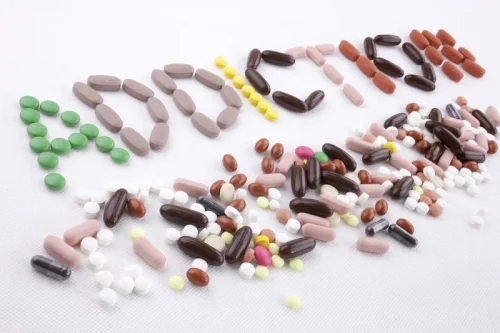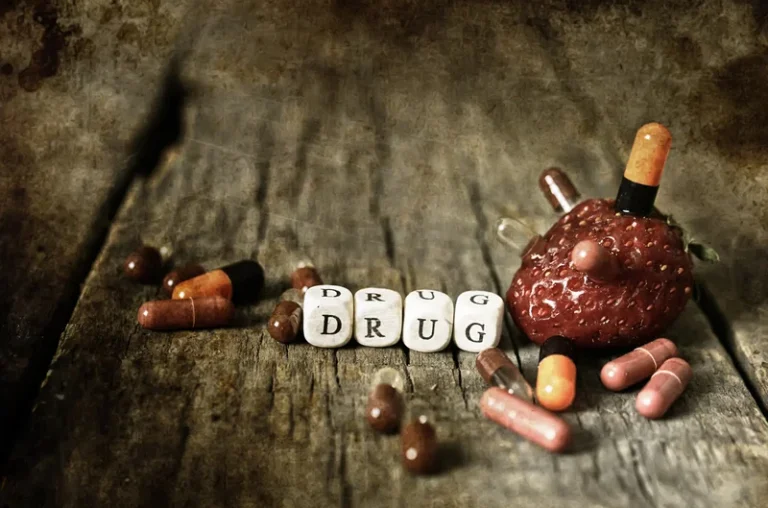
Personality traits become exaggerated under the influence, often creating a distorted version of our true selves. Behavioral changes from alcohol affect both personal and professional relationships in profound ways. For instance, typically reserved individuals might become unnaturally feeling of being drunk outgoing, while those with underlying anger issues might display disproportionate aggression.

About Medical News Today
These risks can have immediate and severe consequences, including legal issues and physical harm. The effects of alcohol can last from a few hours to longer, depending on various factors, including the amount consumed and individual metabolism. It is important to note that even after the initial feeling of drunkenness wears off, alcohol can still impair cognitive and motor functions. BAC is a critical factor in determining the effects of alcohol on the body and mind. Alcohol poisoning occurs when the concentration of alcohol in the bloodstream reaches toxic levels, shutting down essential bodily functions.
Understanding the Physical Sensations of Being Drunk
- In severe cases, vomiting can occur, which is the body’s attempt to expel the toxins.
- The next day, we’re left with a pounding headache, Sahara Desert-level thirst, and a stomach performing its own version of the Riverdance.
- Individual differences such as genetics, mental health, and tolerance levels can significantly influence how alcohol affects a person.
- If you wake up and feel disoriented, tired, and confused, you might be experiencing sleep drunkenness.
- There’s no way to lower your BAC other than just waiting it out.
Alcohol disinhibition plays a crucial role in emotional expression, creating a perfect storm of heightened emotional reactivity and decreased control. When an individual is unconscious due to alcohol intoxication, it can be a serious and potentially life-threatening situation. It is important to seek immediate medical assistance if someone is unresponsive and cannot be awakened. Blackout refers to a period of time during which an individual is unable to recall events that occurred while they were intoxicated. This is a result of alcohol’s impact on the brain, particularly the hippocampus, which plays a crucial role in memory formation. Also, avoid taking antidepressants as they might cause insomnia and sleep drunkenness at times.
What Does It Feel Like to Be Drunk? Levels of Being Drunk
In severe cases, alcohol poisoning can result in brain damage or death. The severity of slurred speech and lack of coordination can vary depending on factors such as the amount of alcohol consumed, individual tolerance, and other personal factors. It’s important to note that these effects can be indicators of impairment and may impact an individual’s ability to communicate effectively and carry out physical activities. By understanding the excitement and impairment stage of being drunk, individuals can recognize the effects alcohol has on their behavior, coordination, and judgment.

Emotional and Physical Effects
- While some believe true feelings come out when drunk, research suggests otherwise.
- Individuals who are already experiencing stress or anger may become more volatile when drunk, resulting in arguments and physical altercations.
- How much alcohol you consume plays a role in how long you’ll stay drunk.
- At this stage, significant loss of coordination and memory blackouts can occur after consuming 4-5 drinks for women and 5+ for men.
You might feel drunk right after you wake up as opposed to the auto-brewery syndrome. This condition is rare and may make you feel intoxicated without having alcohol. Auto brewery syndrome is typically the most common cause for this feeling. It results when your body transforms starchy and sugary foods into alcohol. But don’t worry, because, with a few quick fixes, you’ll be able to get rid of this problem. This article will explain all you need to know about feeling drunk without actually drinking.

Several factors can influence the levels of intoxication one experiences after consuming alcohol. Understanding these factors is important in recognizing and managing one’s alcohol consumption responsibly. The key factors that influence intoxication levels include alcohol drug addiction treatment tolerance, body weight and metabolism, and the rate of alcohol consumption.

The Four Stages of How Drinking Affects Your Brain
Alcohol can amplify existing emotions, leading to increased aggression, sadness, or euphoria. These emotional changes are influenced by individual factors such as personality, mental health, and the social context in which drinking occurs. Alcohol tolerance refers to the body’s ability to handle and metabolize alcohol. It varies from person to person and can be influenced by various factors, such as genetics, frequency of alcohol consumption, and individual physiology. People with higher alcohol tolerance may need to drink more alcohol to experience the same level of intoxication as someone with lower alcohol tolerance.
Can you speed up the sobering process?
Just be sure to hydrate and eat something before you start drinking so that you don’t end up feeling too sick the next day. One of the most noticeable physical effects of being drunk is the loss of coordination. Individuals may have difficulty walking, experience slurred speech, and struggle with fine motor skills. This lack of coordination can increase the risk of accidents and injuries.













